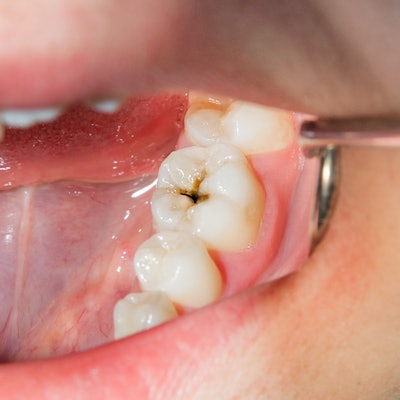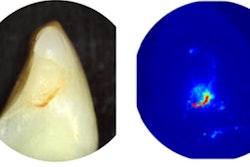
Ignorance isn't bliss and can lead to delays in getting dental care, according to a study of more than 300 patients in Tanzania. Ignorance was one of three reasons people with caries cited for delaying seeking treatment in the study, which was published on August 25 in the International Dental Journal.
Dental caries is a global oral health problem, affecting nearly all adults regardless of their sociocultural background. Often, patients with caries delay seeking treatment. When they finally present at a dental office, they can have complicated oral health issues.
In countries like Tanzania, up to 98% of patients delay seeking care for dental caries. Researchers sought to determine the reasons for the delay among patients presenting at public dental clinics in Dar es Salaam, Tanzania. Participants who complained of toothache, a cavity, a discolored tooth, or a broken tooth were interviewed.
"The results from this study give an insight into the common reasons for the delay in seeking dental care and the associated factors," wrote the study's authors, led by Dr. Tatheer Sachedina of Muhimbili University of Health and Allied Sciences in Tanzania.
The findings indicate that nearly 80% of patients delayed seeking dental care. More than 75% of patients sought treatment within one week after the onset of constant or unbearable pain, despite self-medicating.
"This finding may not be astonishing since most individuals seek oral health services only when they have symptoms and suffer a certain degree of incapacitation," Sachedina and colleagues wrote.
The study's subjects provided numerous reasons for their delay in seeking care. The most common was self-negligence, which was defined as the belief that the problem was not severe enough to seek care and that it would resolve itself with time.
The tendency to self-medicate was another reason patients delayed seeking dental care. Patients who had partners and those working in the private sector were more likely to self-medicate, thereby seeking care late.
The third most common reason for procrastinating in seeking care was ignorance. A patient who is ignorant of a condition lacks information about prevention strategies and treatment options. Oftentimes, these patients delay seeking a diagnosis and treatment.
The treatment cost for caries is generally high and contributes to delays in seeking dental care worldwide. In this study, 20% of patients cited cost as a reason why they delayed seeking treatment.
The results provide "much-needed information to the dental practitioner and policymakers in designing strategies to overcome this globally recognised health problem," Sachedina and colleagues wrote.
There was no significant association between the sociodemographic characteristics of the patients and their delay in seeking care. While the socioeconomic status of an individual does not influence procrastination solely, it is among several factors that may lead to a delay in seeking treatment.
"Findings from this study point out that delay in seeking treatment for a carious tooth is a deep-rooted sociocultural practice," wrote the study authors.



















